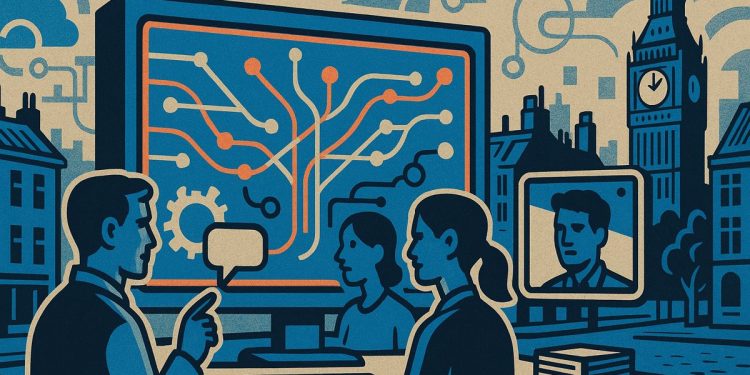Engineered culture is now the most important factor for digital transformation success, even more than money. Companies with strong, healthy cultures get more than twice the return on their tech investments and bounce back faster after problems. This is because leaders communicate openly, recognize good work fast, and use AI to save and share what teams learn. The best companies treat culture like something they always improve, making sure it truly helps them grow and adapt.
What role does engineered culture play in digital transformation ROI?
Engineered culture is now the top predictor of digital transformation ROI, outperforming capital. Companies with healthy cultures achieve 2.3× higher technology investment returns and recover 46% faster from shocks. Key practices include transparent leadership communication, real-time recognition, and preserving institutional memory using AI tools.
Culture already outperforms capital as the primary predictor of digital-transformation success. According to 2024 benchmark studies compiled by PerformYard, companies ranked in the top quartile for cultural health generate 2.3× higher returns on technology investments than their peers and recover from market shocks 46 % faster.
The decisive variable is how leaders communicate. High-performing firms replace cascading memos with transparent, weekly “ask-me-anything” video huddles hosted by C-suite sponsors. These short, 18-minute sessions are auto-transcribed by AI, stored in an always-searchable knowledge base, and have cut average query-response time from 12 days to 3 hours.
Expert panels at Duke Fuqua’s 2025 Executive Education programme highlight three behaviours that anchor resilient cultures:
-
Value-action consistency
Netflix’s famous slide deck is updated every quarter; if a principle is no longer mirrored in promotion criteria, it is removed the same week. Employees say this practice makes stated values feel “alive rather than laminated.” -
Real-time recognition loops
Recognition systems such as Workhuman’s Social Feedback Engine issue micro-bonuses within 24 hours of observed behaviour, redeemable as learning credits. Usage data show a 31 % lift in cross-team collaboration tickets after six months. -
Institutional memory preservation
Instead of static wikis, Autodesk deploys AI-curated “story vaults” that auto-tag video retrospectives by project outcome, tool stack, and sentiment. Search queries return context-rich clips where engineers explain both successes and failures, reducing ramp-up time for new hires by 27 %.
Culture measurement has moved beyond annual engagement surveys. Pulse surveys delivered through Slack or Microsoft Teams every six weeks capture mood at the moment a feature ships. APIs then push the anonymised results into dashboards that compare psychological-safety scores to sprint velocity. When divergence exceeds 15 %, managers receive automatic coaching prompts generated by GPT-based sentiment models.
Cross-functional “tiger teams” provide the muscle for rapid iteration. Tntra’s 2025 guide documents how a 12-person squad drawn from legal, product, and data science accelerated compliance automation by 40 % simply by co-locating in a virtual war room where decisions were logged in a shared Notion workspace tagged with customer-journey maps.
The pattern is clear: culture is engineered, not inherited. Firms that treat it as a living codebase – versioned, tested, and refactored continuously – turn digital transformation from a risk into a durable edge.



















